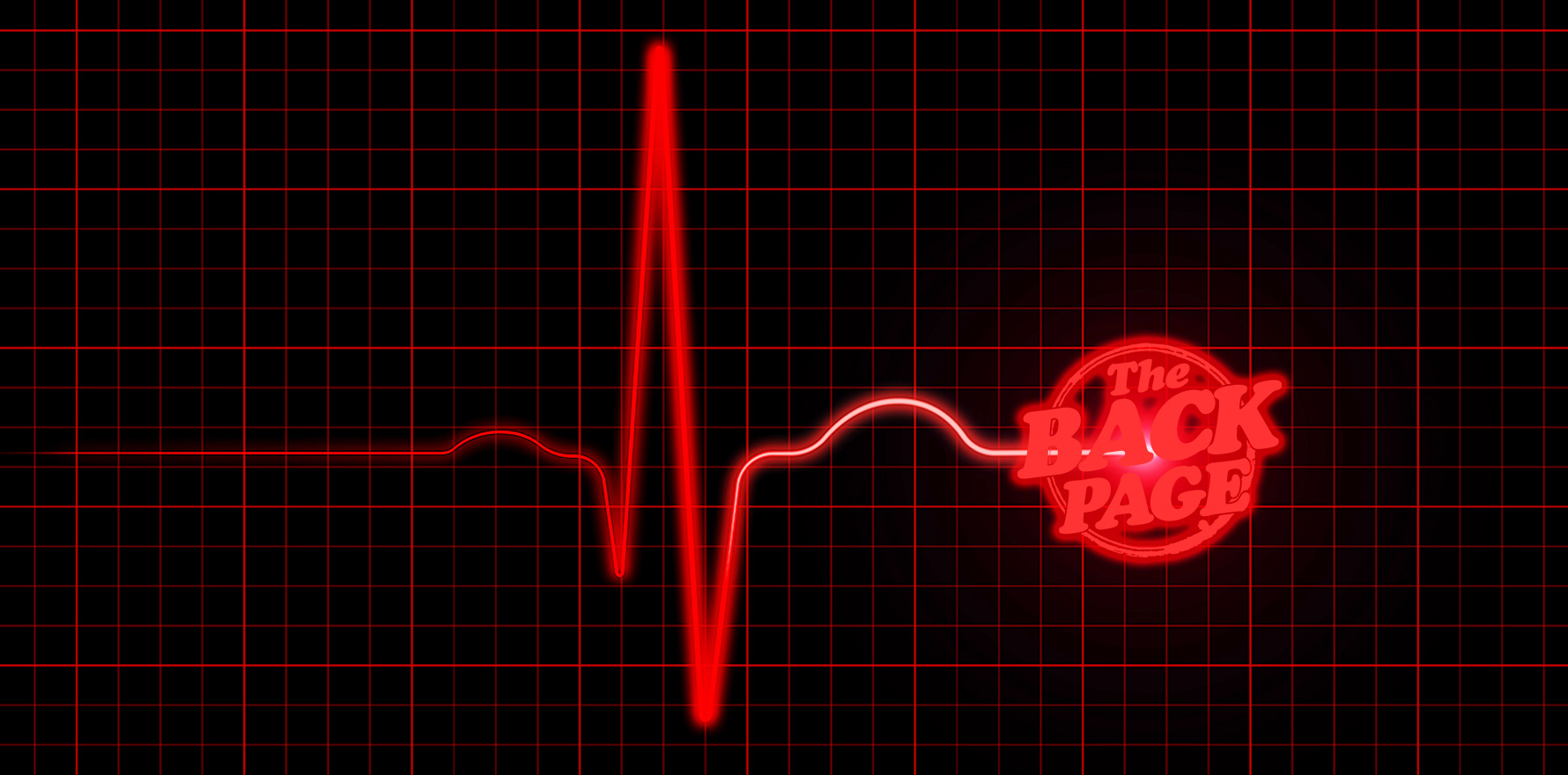An algorithm is somewhat better, not just faster, at reading ECGs.
The game of “whose jobs will AIs take first?” just got a little bit sharper.
Our esteemed Back Page colleague reported last week on a Stanford study that put OpenAI’s GPT-4 through its paces answering real-life medical questions and had 12 clinicians evaluate the answers. You may remember that about 90% came back as “not harmful” but only 21% agreed with the known answer and the rest were too vague to assess. (There’s no indication that the clinicians were blinded to the fact that an AI had produced the answers, which makes the test tougher for the bot.)
But while doctors may be feeling fairly safe for now, sonographers’ chops are in question.
A team from Cedars-Sinai Medical Centre and Stanford pitted a custom AI’s ability to read echocardiograms against sonographers’ in a randomised and blinded non-inferiority study, which they say is the first of its kind, and which is published in Nature.
The team took 3500 ECGs and had them assessed for left ventricular ejection fraction, half of them by AI and half by sonographer. These initial assessments were then evaluated by cardiologists, who were blinded to whether bot or human made the initial assessment.
The primary endpoint was change between the initial assessment and the cardiologist’s.
The proportion of studies substantially changed was 16.8% in the AI group and 27.2% in the sonographer group – in other words, “an AI-guided workflow for the initial assessment of cardiac function in echocardiography was non-inferior and even superior to the initial assessment by the sonographer”.
Cardiologist and senior author Dr David Ouyang commented: “The AI was faster, more precise, and indistinguishable by the cardiologists,” adding that there was a “tremendous shortage” of sonographers in the US and globally, and this would save them valuable time.
Hmm, save you time. If you were a sonographer you’d feel an impending demotion here. Just do the ’gram but don’t read it?
We imagine GPs will know what that feels like.
Sending penny@medicalrepublic.com.au story tips will keep your left ventricular ejection fraction within the normal range.


